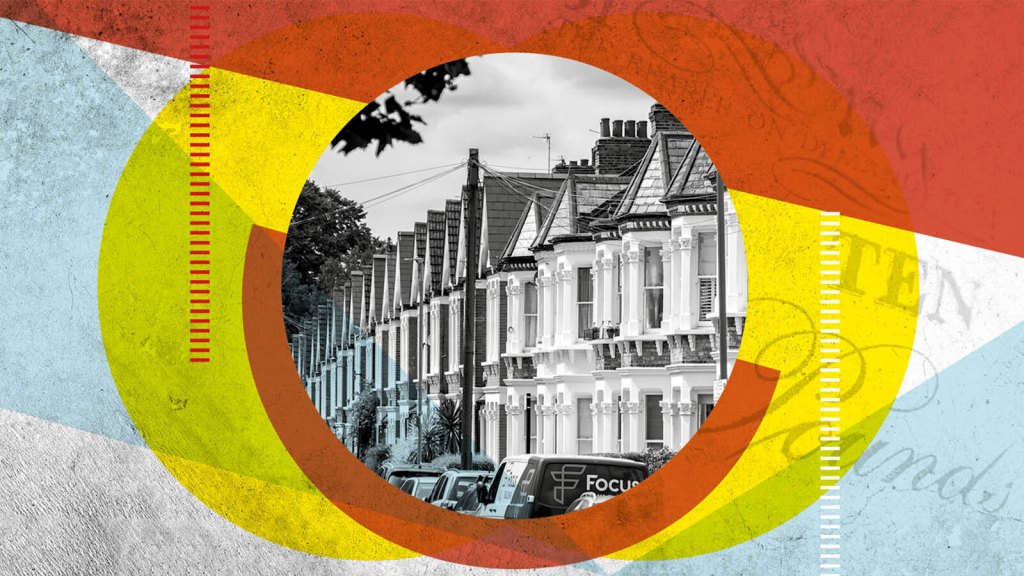Debating the Need for Limits on Housing Ownership
The Centre for Cities has highlighted a critical need in the UK for at least four million additional homes. Escalating house prices, persistent inflation, and a scarce housing supply have made it increasingly difficult for many to secure a place on the property ladder. Concurrently, approximately 2.1 million households own multiple properties, either for personal use or rental income. The question arises: would capping the number of homes owned by individual landlords alleviate the housing crisis? We present contrasting perspectives on this issue.
Elyem Chej from the London Renters Union, an advocacy group, emphasizes the severity of the current housing crisis. Many families are struggling with skyrocketing rents, and an alarming number of children are living in temporary housing situations.
The perception of housing has shifted; it is increasingly viewed as a profitable investment rather than a fundamental human necessity. This has created a landscape where affluent individuals accumulate multiple properties, leaving many without access to stable housing.

This trend did not always exist. Prior to the 1980s, over 40 percent of residents lived in council housing. However, significant sales of social housing to private landlords have changed that dynamic. Following deregulation and the introduction of buy-to-let mortgages, the transformation of homes into investment vehicles began in earnest.
Currently, there are more than two million landlords in control of the rental market, often outbidding first-time buyers. According to recent statistics, 18 percent of landlords own five or more properties, which collectively account for nearly half of all rentals, as indicated by the English Private Landlord Survey.
This concentration of property ownership has left approximately 11 million private renters in England vulnerable to landlords who set exorbitant rents. The challenge for renters is profound.
Renters often allocate a significant portion of their income to housing, living under the constant threat of eviction. The possibility looms that landlords might sell or re-lease their homes at higher market rates, leaving renters with little stability.
There are nearly half a million second homes across the UK, surpassing the number of homeless households, which has contributed to some rural areas being devoid of permanent residents for a significant part of the year.
Is it justifiable to maintain a system where a small fraction hoards numerous properties while countless others struggle to secure basic shelter? Although a cap on property ownership may not address all issues, it could help to restore equity in a system that currently prioritizes profits over people, redefining housing as a fundamental right rather than merely an asset.
No
Sajjad Ahmad, chief executive of the British Landlords Association, argues that imposing a cap on homeownership would have detrimental effects on both the economy and the housing market. Given that landlords are already exiting the sector, rents have surged in the past year and half. Letting agents are now receiving bids that exceed rental guides, directly due to the limited availability of rental properties.
While private landlords typically plan for long-term property ownership, a cap on the number of properties would disincentivize such investments. Landlords might then accelerate the sale of their properties, leading to increased market volatility. This could also spur speculative market behavior, further destabilizing the housing landscape.

Private landlords contribute greatly to the UK property sector, providing essential capital that supports housing improvements and the growth of rental opportunities.
A restriction on property ownership would deter critical investments and exacerbate existing housing shortages.
Many landlords in the UK are modest-sized investors who depend on property ownership for retirement or investment purposes. Placing limits on their holdings risks unfairly restricting their ability to expand their portfolios.
As demand for rental options continues to rise, especially in urban environments where home ownership is increasingly out of reach, limiting landlords’ ability to own multiple properties could inadvertently drive up rental costs. Private landlords are often able to offer more flexible lease arrangements compared to larger institutional entities, providing tenants with greater choices.
Limiting the capacity of smaller landlords to grow could push them out of the market, resulting in greater dominance by large corporations that may not prioritize tenant care or property upkeep.




Post Comment